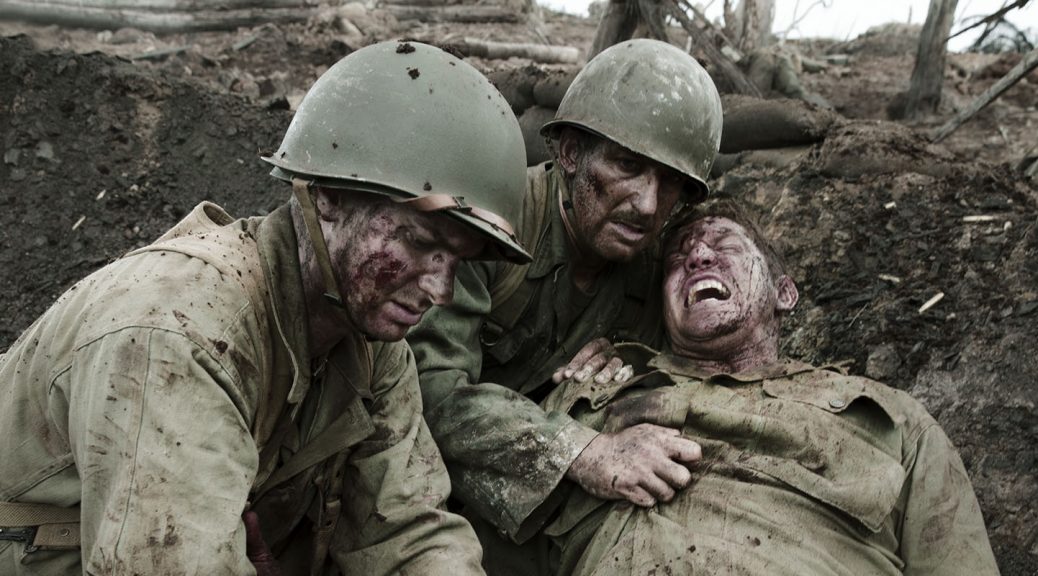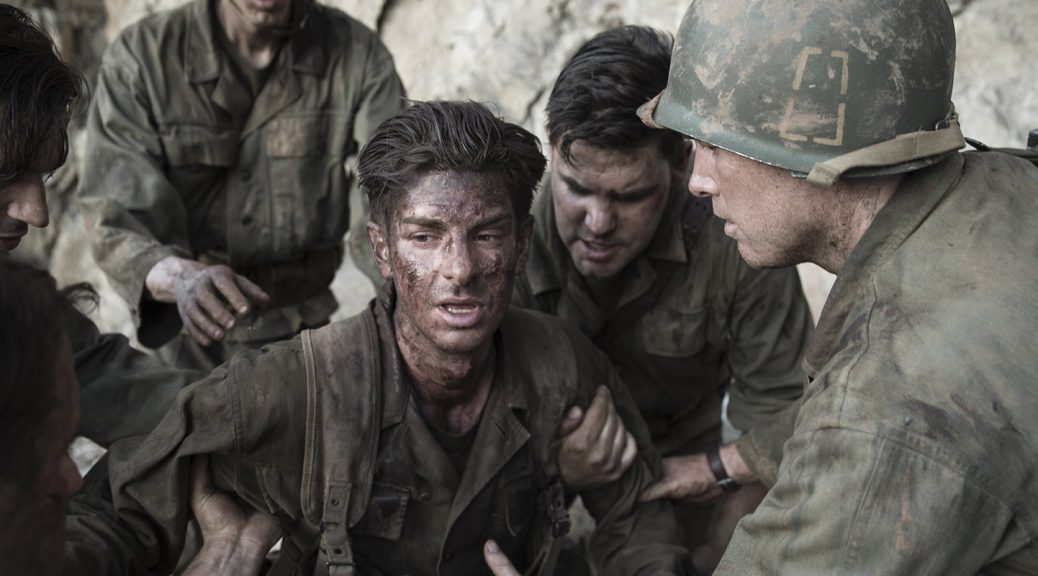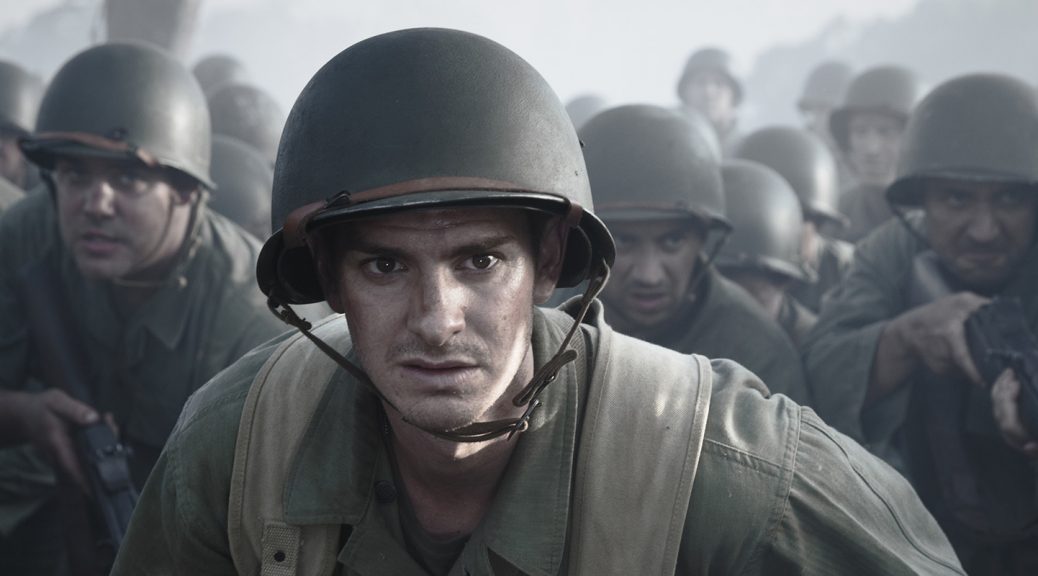
The men were ordered to withdraw but Doss refused – instead, he single-handedly dragged 75 wounded and dying soldiers to the ledge before lowering them to safety.
By Natalia Grobler.
The same man who had been ostracised by the army soon became the object of their deep admiration and respect. He shipped out with the 307th Infantry in the summer of 1944, and served as a combat medic on Guam and at Leyte in the Philippines. Doss fearlessly charged into exposed areas under heavy artillery fire without a weapon to treat casualties and drag wounded soldiers to safety. Doss went out sometimes without orders or even against orders. He believed that as long as there was life there was hope.
The most fierce fighting of the war in the Pacific occurred at Okinawa on an escarpment approximately 90 metres high that was known as Hacksaw Ridge. On 29 April, 1945, a brutal battle was fought. The men were ordered to withdraw but Doss refused. He single-handedly spent 12 hours dragging 75 wounded and dying soldiers to the ledge before lowering them to safety. Some of the injured were hauled 100 metres. Doss was a slight man weighing around 70kg and yet at times he supported one soldier under each arm. Bullets whizzed past him, but he was not hit. One Japanese soldier claimed to have had clear shots of Doss as he worked that night, but each time he fired, the rifle jammed. Doss saved on average one man every 10 minutes. He prayed constantly, “Lord, please give me one more.”
Doss saw the grenade coming on 21 May, 1945. He waited hours for help before being carried through intense gunfire. When he spotted another wounded soldier Doss selflessly rolled off the litter and gave up his place. As he lay waiting for help a second time, he was hit by a sniper. Doss managed to make himself a splint and then, with 17 pieces of shrapnel in his body and a fractured arm, he crawled around 275 metres under fire to the aid station. Doss lost his Bible during this ordeal — it had been his source of constant strength throughout the war. When the company heard about the missing Bible, they returned to the battlefield and searched until they found it.
Doss allowed God to use him to share his faith and demonstrate the power of grace. “Greater love has no man than this” that he would risk his life over and over again for soldiers who had once ridiculed and despised him.

